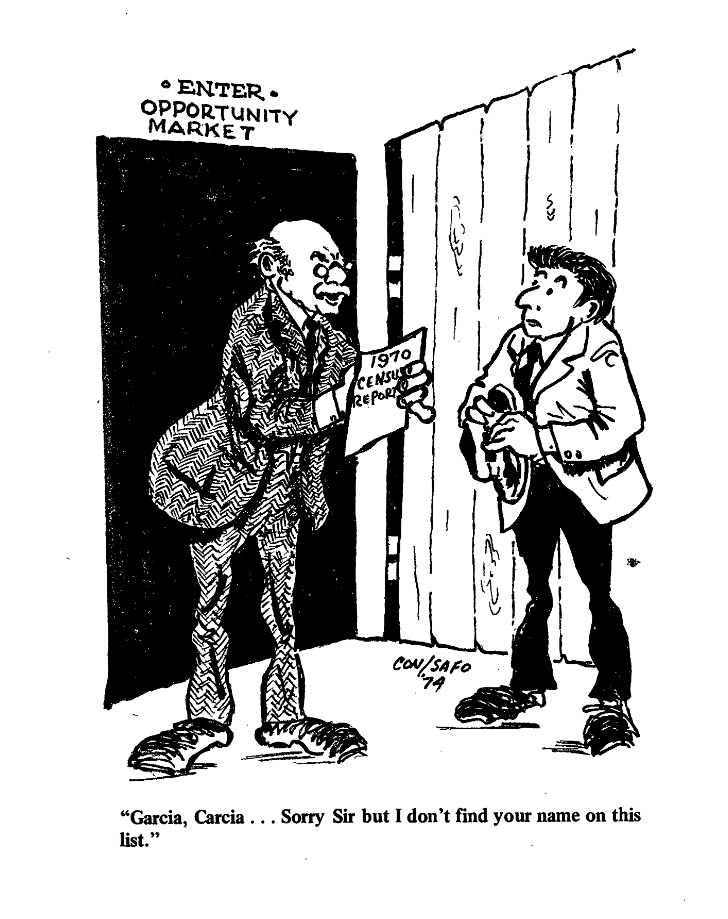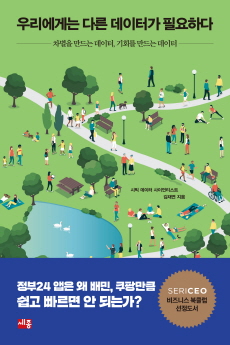Book
In progress
“Unseen and Uncounted: How Bureaucracy and Community Organizing Made New Racial Groups in America.” (based on dissertation)
Interviewed by Scope Conditions podcast
Winner of the 2022 Best Dissertation Award, Urban and Local Politics, APSA
Winner of the 2020 Best Paper Award, Asian Pacific American Politics, WPSA
Datasets: Asian American and Latino Advocacy and Community Service Organizations Dataset (1868-2016)
Interactive Map: Asian American and Latino Advocacy and Community Service Organizations
Unseen and Uncounted: How Bureaucracy and Community Organizing Made New Racial Groups in America introduces the concept of classification cost to explain how the administrative challenges of identifying and categorizing marginalized communities shaped the rise of new racial group formations. Federal agencies set official racial classifications, but their consequences were most acutely felt in local encounters between street-level bureaucrats and community members. These dynamics became especially salient during the War on Poverty, when expanding social programs created new incentives and constraints for accessing public resources. When the cost of recognizing small, fragmented, or poorly understood immigrant populations was deemed too high, the state defaulted to residual labels like “Other.”
Faced with exclusion from official categories, ethnic elites engaged in political innovation. They coined new panethnic labels, built coalitions across national-origin lines, and established civic organizations to render their communities legible to the state. These bottom-up efforts, rooted in bureaucratic encounters, enabled groups to reduce classification costs for government agencies and reshape how race was codified in policy. Over time, these strategies scaled upward, influencing federal classification schemes and institutionalizing panethnic categories such as “Asian American” and “Latino.”
The book draws on extensive archival research, administrative records, and digital trace data, and combines qualitative, quantitative, and computational methods. Using comparative analysis across cities, racial groups, and national contexts, it shows that panethnic identities, or race-based coalition formations, were not automatic reactions to racial discrimination. Rather, they emerged through strategic adaptation to the classificatory logics and incentive structures of the modern administrative state.
The book also revisits the classic question of whether race or class is more politically consequential. It argues that class functioned as a cross-cutting cleavage and was essential to the formation of new racial groups in the United States during the late twentieth century. In the contemporary period, however, race and class have grown increasingly misaligned, reshaping the terrain of civil society and racial politics among these new racial groups.
By centering policy implementation, local political economy, and classification cost, Unseen and Uncounted reframes racial group formation as a process of political contestation, administrative negotiation, and institutional co-production. In doing so, it extends the theory of administrative burden by showing how burdens operate not only at the individual level, but also at the group level. More broadly, the book contributes to ongoing debates in political science, sociology, public administration, history, and critical data studies by offering new insight into how racial categories are constructed, contested, and institutionalized through the everyday workings of government.
Sample chapters are available upon request. I plan to complete the first draft by summer 2026.

Note: The Unity Council was “the first Spanish-language focused employment center in Oakland and served as an anchor response to President Lyndon B. Johnson’s War on Poverty.”

Note: Chinese for Affirmative Action was established to leverage War on Poverty resources and to advocate for fair education and employment opportunities for Chinatown residents.
Books
- “We Need Civic Data: How Public Data Can Fail Us, and How It Can Build a More Just Society (in Korean).” (in Korean, Sejong Books 2023) [book website]
Why can we shop with one click but still struggle to access basic public services?
We Need Civic Data is the first book in Korean to comprehensively examine the concept, practice, and promise of civic data—data designed not for profit or bureaucratic procedure, but for the public good. Written by social data scientist and public interest technologist Jae Yeon Kim, the book draws on real-world policy examples from the U.S. and South Korea to show how government data systems shape who gets access to benefits, who gets heard, and who gets left behind. Across ten clear and accessible chapters, Kim offers a roadmap for building a more equitable, citizen-centered digital state. From improving public service interfaces to training the next generation of civic data scientists, this book reimagines public data not just as infrastructure, but as a foundation for stronger democracy and better government.
Impact & Recognition
Selected as one of 70 finalists by the Korean Government in the popular social science category for 2024; the government purchased approximately 500 copies and distributed them to public libraries nationwide
Recommended by the National Assembly Library, Samsung Global Research’s executive education program (SERICEO), and the Korea Institute of Science and Technology (KIST)
Featured in major Korean newspapers across the ideological spectrum: The Chosun Ilbo, Maeil Business Newspaper, The Korea Economic Daily, Kyunghyang Shinmun, Hankyoreh
Regular op-eds based on the book published in: Chosun Ilbo’s Civic Section (a major conservative newspaper) and Weekly Kyunghang (a major liberal magazine)

- “How to Use University: A Practical Guide for College Students (in Korean)” (Sejong Books, 2014) [book website]
Why do so many students enter college full of ambition—only to graduate with more confusion than clarity?
How to Use University is a practical, student-centered guide to navigating college with purpose, curiosity, and intention. Organized around four core themes—exploring college, learning, career, and life—it helps students shift from passive schooling to intentional, opportunity-driven learning. The book encourages students to treat the university as a launchpad—not a system to passively endure—for discovering interests, initiating projects, and building momentum. It emphasizes a key idea: unlocking even one small opportunity—especially a self-initiated project—can set off a cycle of opportunities that grows over time. With its structured framework, practical strategies, and ethos of civic-minded entrepreneurship, this book has become a trusted companion for Korean college students seeking clarity, growth, and public impact.
Impact & Recognition
The first edition sold over 10,000 copies and has been widely recommended by educators, university counselors, and mentoring programs across South Korea
Featured in major Korean media outlets including Maeil Business Newspaper and Chosun Biz
Frequently used in student development seminars and campus book clubs
A fully revised **second edition is forthcoming in 2026.*
